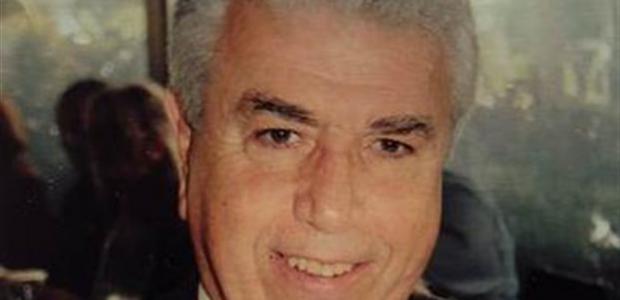The newly appointed CEO at PPC, the Public Power Corporation, Manolis Panagiotakis, takes on a highly challenging task whose fronts include an alarming amount of unpaid overdue electricity bills owed by consumers to the power utility, currently at a level of two billion euros, high energy costs in the industrial sector, a need to find financing solutions for new investments, distribution and transmission networks, as well as European Commission pressure for the electricity market’s liberalisation.
Compared to the previous three chiefs at PPC, Panagiotakis, 67, differs considerably. The power utility’s new CEO is not linked to the corporate world of multinationals, nor has he pursued a career in management or academia, but, instead, hails from deep within the ranks of PPC and maintains a political allegiance to the ruling Syriza party.
Panagiotakis will be expected to guide PPC in a direction already paved by Production Reconstruction, Environment and Energy Minister Panayiotis Lafazanis. The minister’s thinking entails increased state control of the corporation, ambitious lignite-related investements, social policy over profit, and support of the government’s free-electricity package for 300,000 underpriveleged households.
The Syriza-led coalition’s rejection of the previous administration’s plan to part-privatize PPC, as part of an EU demand on Greece to liberalise the country’s electricity market by offering third parties access to lignite sources and water, will, sooner or later, put the corporation’s new head to the test against officials in Brussels. This issue promises to emerge as a major test for both the newly appointed PPC chief and the policies pursued by Lafazanis.
A former president of GENOP, PPC’s union of employees, between 1991 and 1992, Panagiotakis has been employed at the power utility since 1974. Panagiotakis has held a number of managerial posts at the company, most recently at PPC subsidiary firm HEDNO, the Hellenic Electricity Distribution Network Operator, locally known as DEDDIE.
Panagiotakis, who studied mechanical-electrical engineering, was hired by Lafazanis for PPC’s top post on the grounds that he possesses a deep understanding of the power utility’s problems, and also because he was not involved in a family-allowance mismanagement issue that prompted the downfall of his predecessor, Arthuros Zervos.
Besides Panagiotakis, Emmanuil Koroniotakis, an electrical engineer, has been proposed as PPC’s deputy chief executive, the ministry has announced. Following a track record in the private sector, Koroniotakis has been employed as a PPC technical official since 1987, focused primarily on electricity transmission projects, as well as fibre optics network development. He is a member of the board at the Greek division of CIGRE, the International Council on Large Electric Systems, an association promoting collaboration and knowledge exchange.
Both the new CEO and his deputy still need to be approved by a parliamentary committee overseeing public utilities before they can be endorsed at a PPC extraordinary shareholders meeting.





